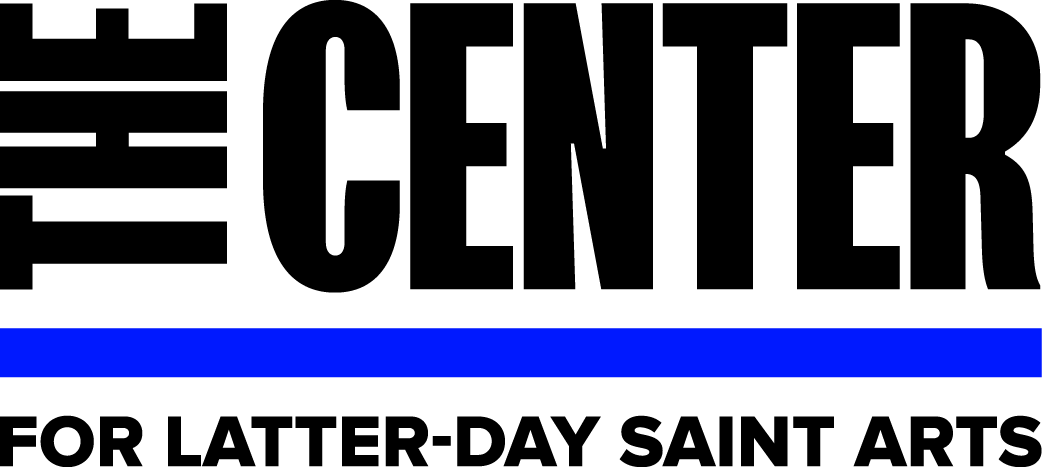April 8-14: Jacob 5-7, The Lord Labors With Us
Elise Wehle (American, born 1986)
Sanctum 3 (2018)
handcut collage, 20 x 14 inches
Collection of the artist
artist’s website
Used with permission of the artist
The book of Jacob is replete with references to working in the Lord’s vineyard. The artist Elise Wehle’s work, Sanctum 3, depicts a landscape altered by handcut processes to create a hybrid image that elevates a landscape nearly to the realm of the sacred. Of this labor she writes, “My artwork revolves around the time-intensive act of cutting intricate patterns using a utility knife. My process transforms into an act of devotion as my hands perform the repetitive motions required by my art. Obstructing the seen with the unseen, these patterns intersect with imagery from nature and represent the spiritual experiences that occur in our physical environment, like visions deep within forests or high on mountaintops. Despite the patterns’ clearly defined edges, they are comprised of negative space and are ultimately invisible, like the experiences they represent.”

